There’s a lot that goes into fertility. Simply not using birth control, and being enthusiastic under the covers, isn’t always enough to start the process of conception. And once a fertility problem is in the picture, that’s where the complexity comes in. Is it me, is it him, is it us? Before doctors are involved, knowing some basic pieces of information about yourself could help you boost your chances of getting busy turning into getting ready for a new addition to your family.
Women carry eggs, which are fertilized by the man’s sperm during conception. One of the more commonly known pieces of trivia about conception and fertility is that a woman has all the eggs she will ever have access to from the moment of her birth. A woman’s fertile period doesn’t end when she runs out of eggs though. In fact, she has more eggs than she’ll ever ovulate. The eggs age just like the rest of the human body, which is one reason fertility chances drop as a woman gets older. In fact, age is the single greatest predictor of female conception a doctor relies upon.
While a woman’s reproductive system is evolved to protect the eggs, problems can develop. This includes factors as simple as stress and diet; both of which can impact health in ways that reduce chances of conception. Ovulated eggs are affected by problems in both as early as three months prior to when that egg is actually ovulated.
What are the basics of the birds and bees? It starts with an egg, and becomes your baby. #HealthStatus
Follow HealthStatus
Tweet Now
Key Points:
- 1A woman is born with millions of eggs, but will ovulate fewer than a thousand of them before her fertile period ends.
- 2The eggs every woman carries age just as she does, and age is one of the largest factors that impacts fertility.
- 3Deficiencies in diet and your stress levels will affect eggs up to three months before they’re ovulated.
See the original at: https://natural-fertility-info.com/do-you-know-your-egg-health-i-q.html

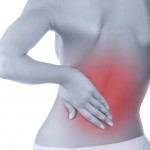

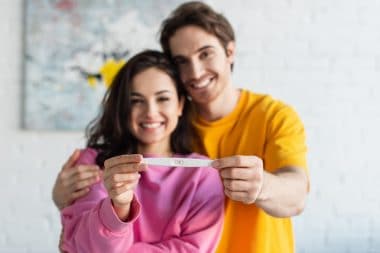
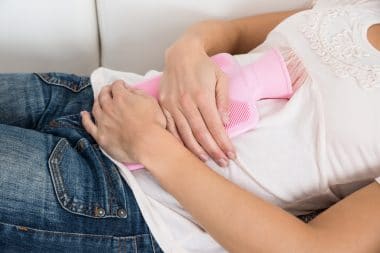
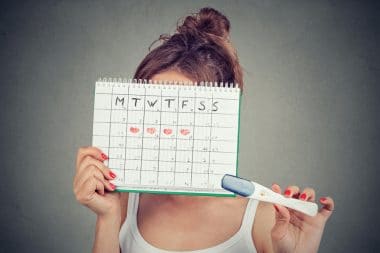
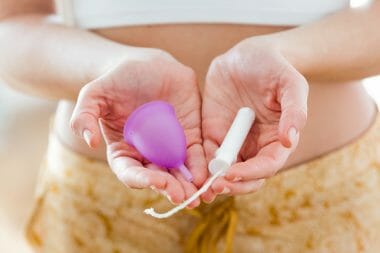
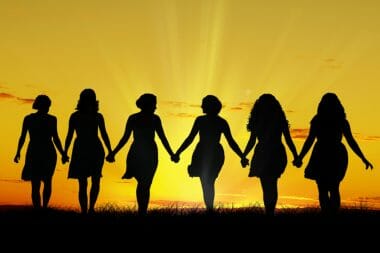
Reply